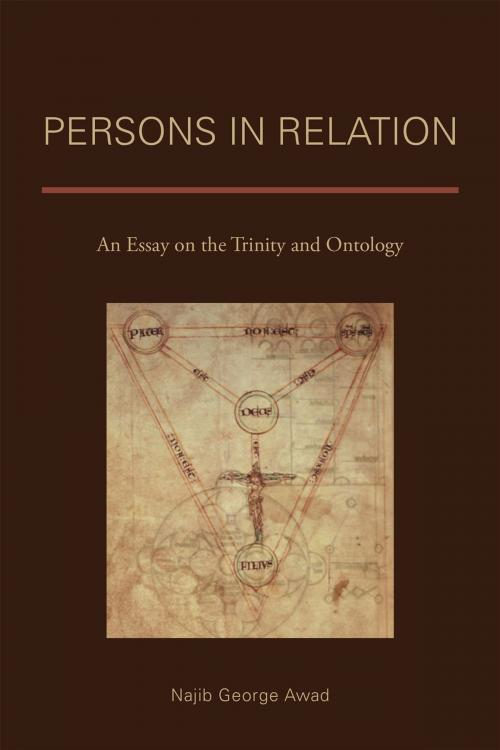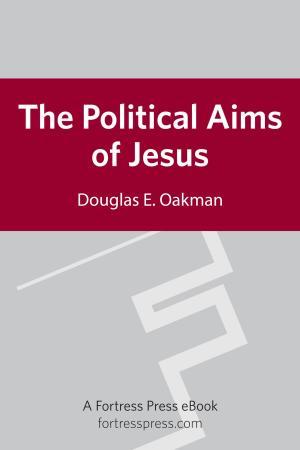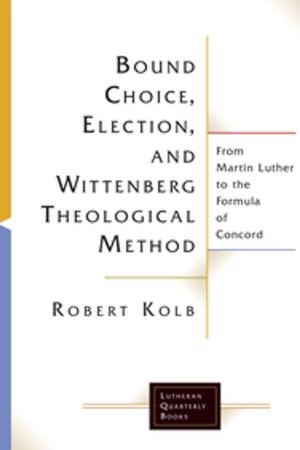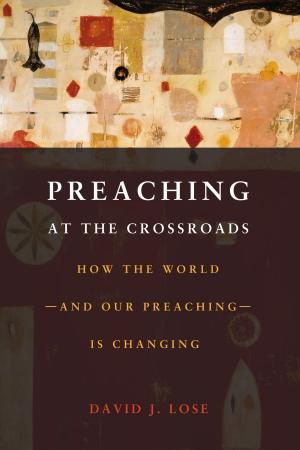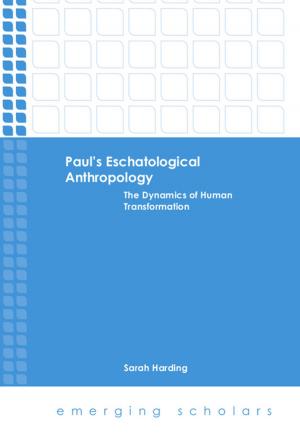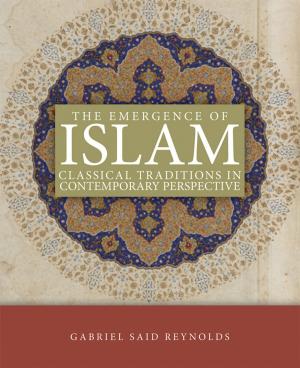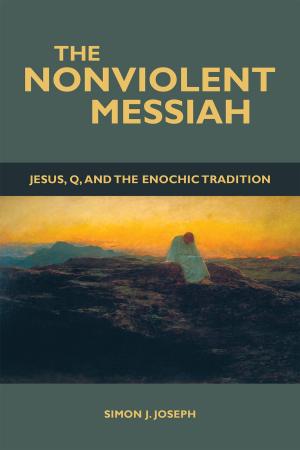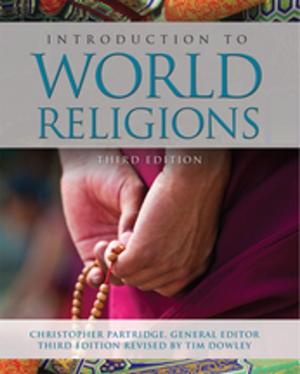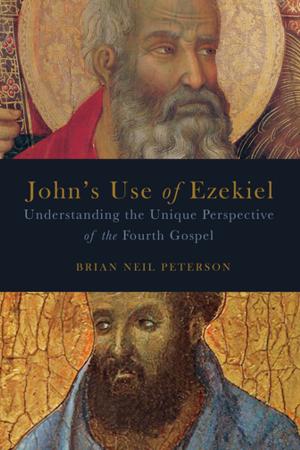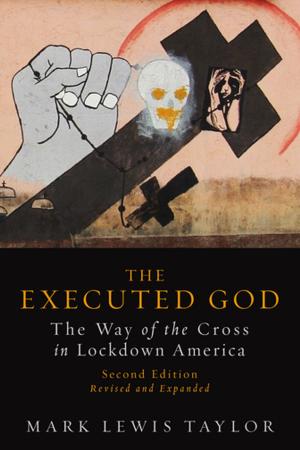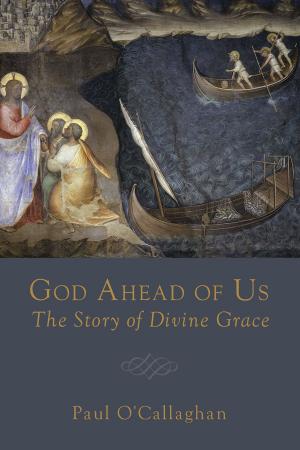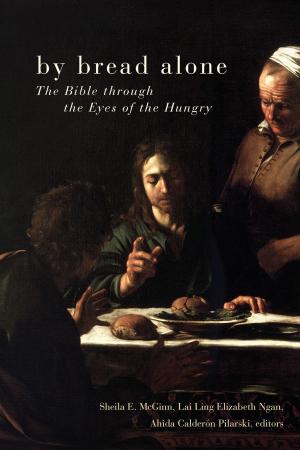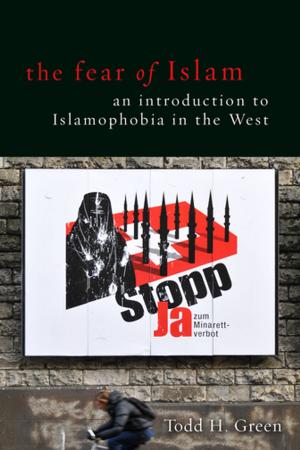Persons in Relation
An Essay on the Trinity and Ontology
Nonfiction, Religion & Spirituality, Theology, Christianity| Author: | Najib George Awad | ISBN: | 9781451484250 |
| Publisher: | Fortress Press | Publication: | April 1, 2014 |
| Imprint: | Fortress Press | Language: | English |
| Author: | Najib George Awad |
| ISBN: | 9781451484250 |
| Publisher: | Fortress Press |
| Publication: | April 1, 2014 |
| Imprint: | Fortress Press |
| Language: | English |
The recent 'turn to the Trinity' in modern and contemporary systematic theology has been inundated with models and proposals for construing the concepts of personhood, persons, and relations in connection to a proper understanding of the Trinity. These proposals have at the same time involved borrowing and applying philosophical and anthropological notions in the construction of a doctrine of the Trinity. Tracing out the origins of the Trinitarian 'revival' in the modern era, particularly on account of the influence of Schleiermacher, Tillich, Barth, Rahner, and Pannenberg, through to the destabilizing effects of postmodernity on Trinitarian discourse, the author provides a critical hermeneutic for the evaluation and implementation of thoughtful Trinitarian theology in the contemporary world. Within this frame, the author argues for viewing the Trinity as the intellectual and conceptual context and interdisciplinary arena of interaction between theology and other forms of intellectual inquiries to generate a robust, multifaceted, and historically fluent doctrine of the Trinity.
The recent 'turn to the Trinity' in modern and contemporary systematic theology has been inundated with models and proposals for construing the concepts of personhood, persons, and relations in connection to a proper understanding of the Trinity. These proposals have at the same time involved borrowing and applying philosophical and anthropological notions in the construction of a doctrine of the Trinity. Tracing out the origins of the Trinitarian 'revival' in the modern era, particularly on account of the influence of Schleiermacher, Tillich, Barth, Rahner, and Pannenberg, through to the destabilizing effects of postmodernity on Trinitarian discourse, the author provides a critical hermeneutic for the evaluation and implementation of thoughtful Trinitarian theology in the contemporary world. Within this frame, the author argues for viewing the Trinity as the intellectual and conceptual context and interdisciplinary arena of interaction between theology and other forms of intellectual inquiries to generate a robust, multifaceted, and historically fluent doctrine of the Trinity.
